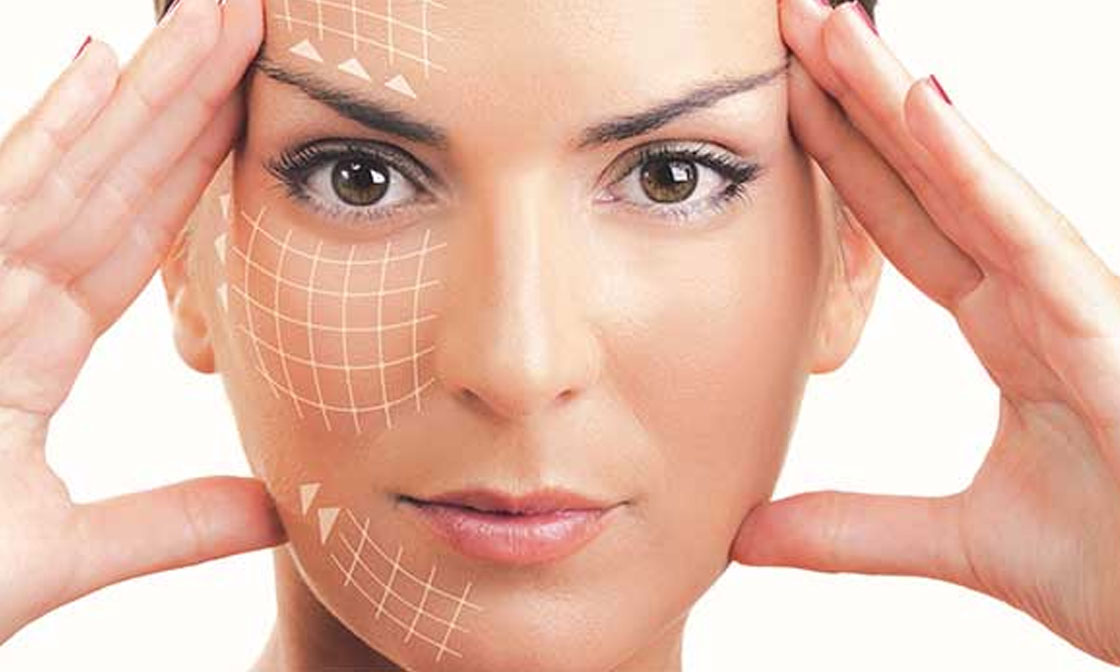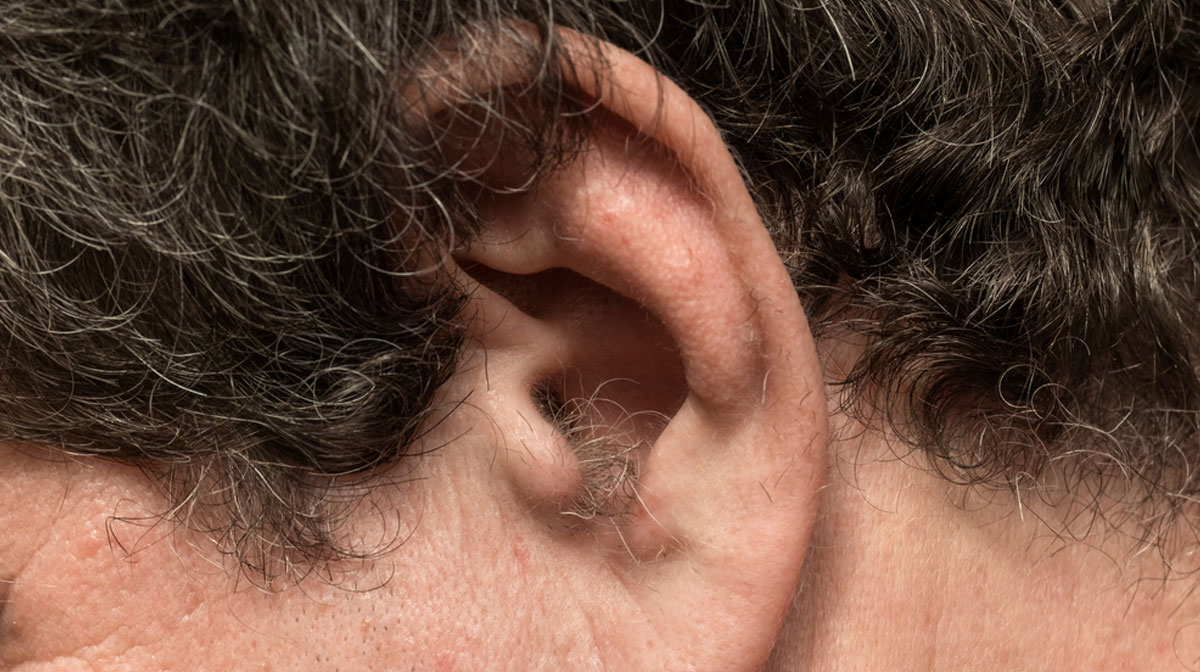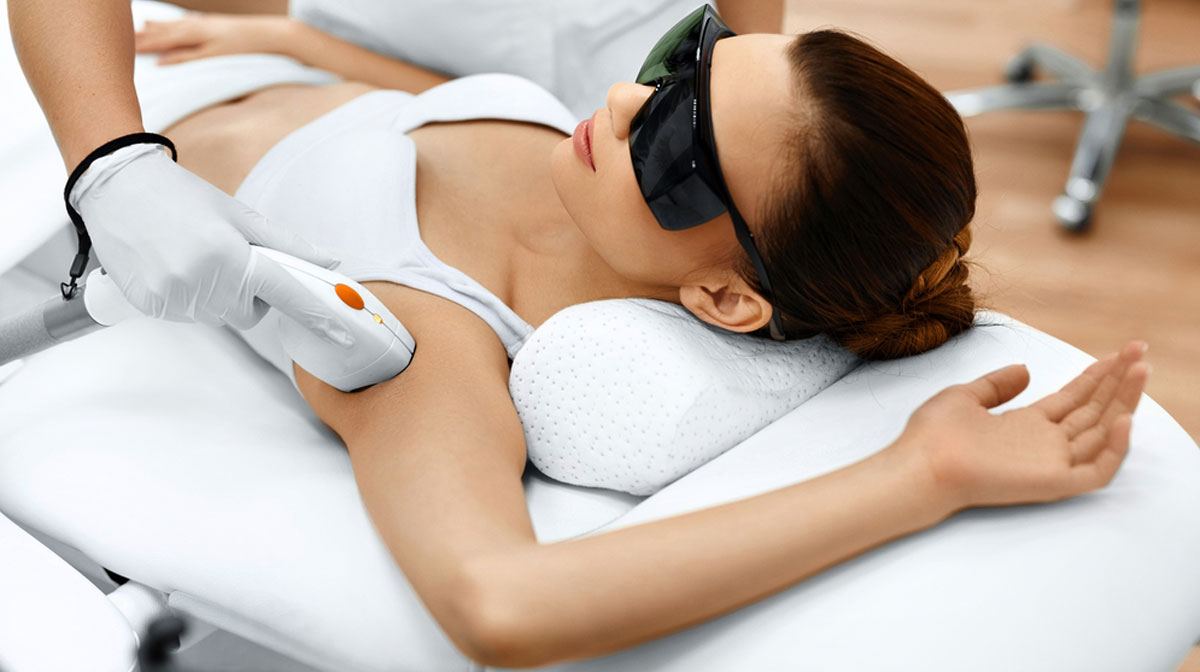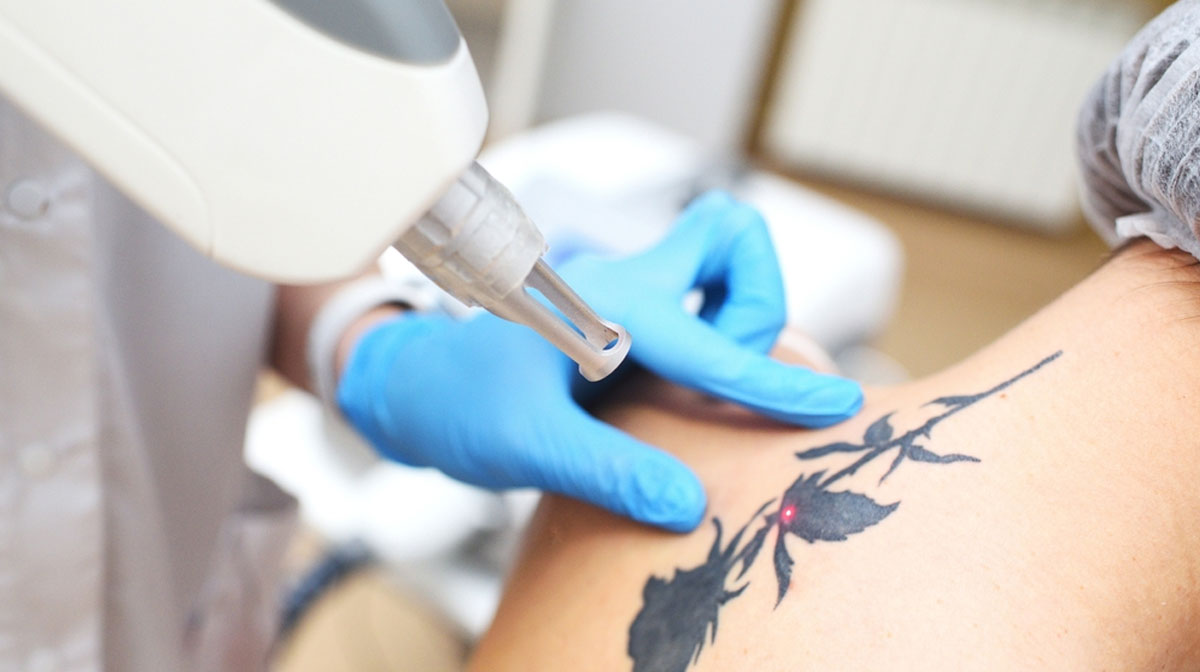- Malad West, Mumbai
- +91-7400188399
- mccmumbaicosmeticcentre@gmail.com
Legs/Arms Laser Hair Reduction Treatment
Legs/Arms Laser Hair Reduction Treatment in Mumbai

What are Legs/Arms Laser Treatment?
Legs/Arms Laser Hair Reduction Treatment in Mumbai is the perfect solution for those dealing with excess hair growth on legs or arms, which can often be uncomfortable. Shaving or waxing every time can be tiring and time-consuming, making laser treatment an ideal choice.
Laser treatments for the legs and arms primarily target hair removal, skin rejuvenation and lesions on the vein. The procedure involves the use of a specialized laser device that emits light to reduce or eliminate unwanted hair.
Mumbai Cosmetic Centre provides laser treatment for unwanted hair removal from the legs/arms area, ensuring smooth, hair-free skin with lasting results in Malad Mumbai.
Benefits
Permanent reduction or elimination of unwanted hair.
Precision targeting of hair follicles without effecting the surrounding skin.
Long-lasting outcomes compared to traditional hair removal methods.
Suitable for various skin types and areas of the body.
You can save time and money spent on waxing or shaving.
Top Legs/Arms Laser Hair Reduction Experts in Mumbai
FAQs
1. Is laser treatment for legs and arms safe?
When performed by a qualified and experienced technician, laser treatments for legs and arms are generally safe. However, it's important to follow pre-treatment and post-treatment instructions to minimize the risk of complications.
2. How many sessions are typically needed for laser hair removal?
The number of sessions required for laser hair removal varies depending on factors like hair color, skin type, and the area being treated. Usually, multiple sessions spaced several weeks apart are needed to achieve optimal results.
3. Can laser treatments be used on all skin types?
Modern laser technologies offer options suitable for a wide range of skin tones, including darker skin tones. However, it's important to consult with a qualified provider who can determine the most appropriate laser system for your skin type and concerns.
4. Are laser treatments painful?
The sensation experienced during laser treatments can vary from person to person. Many patients describe the feeling as a mild discomfort or snapping sensation, which is usually well-tolerated. Topical numbing creams or cooling techniques may be used to enhance comfort during the procedure.
5. What are the potential side effects of laser treatments?
Common side effects of laser treatments may include temporary redness, swelling, mild discomfort, and in some cases, temporary pigment changes. Serious complications are rare but can include burns, scarring, or infection if proper precautions are not followed.
6. How long do the results of laser treatments last?
The longevity of results from laser treatments depends on the specific procedure and individual features of the patient.












